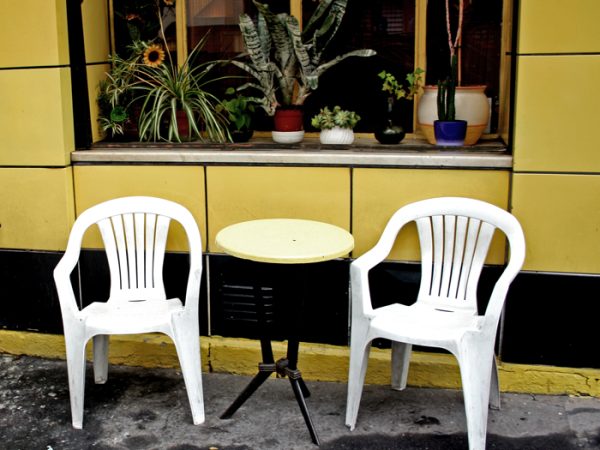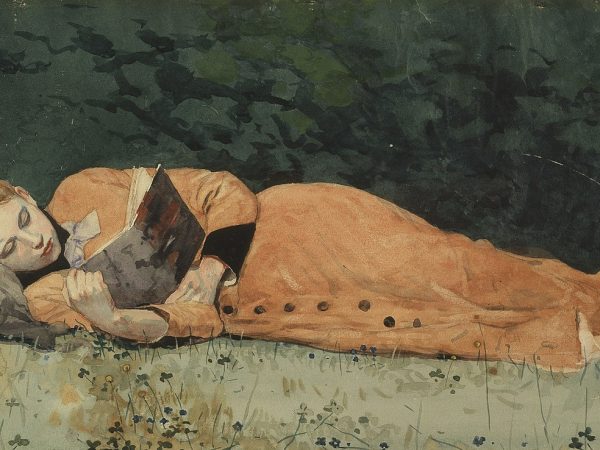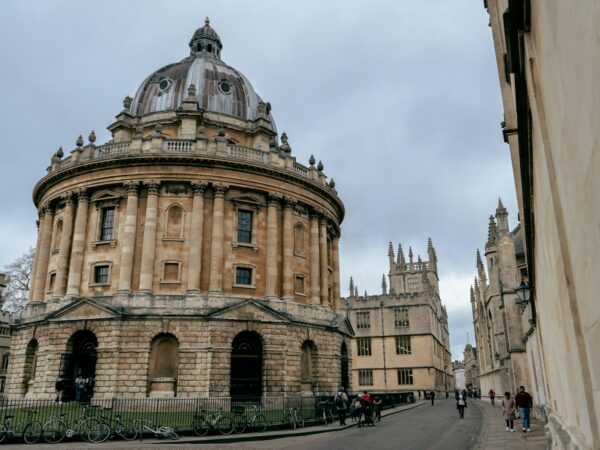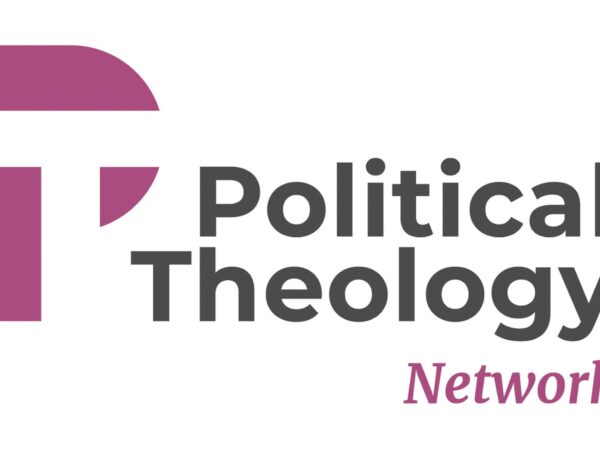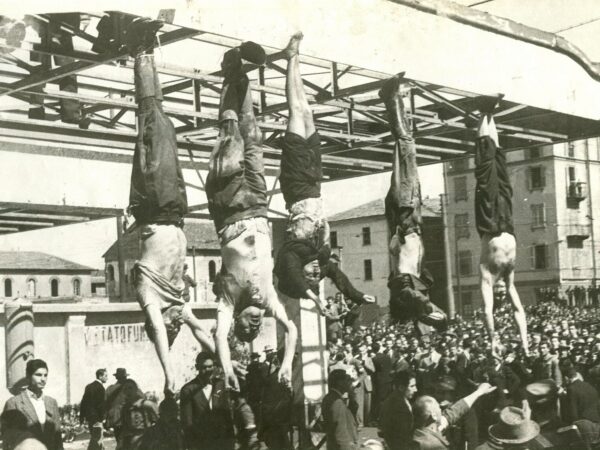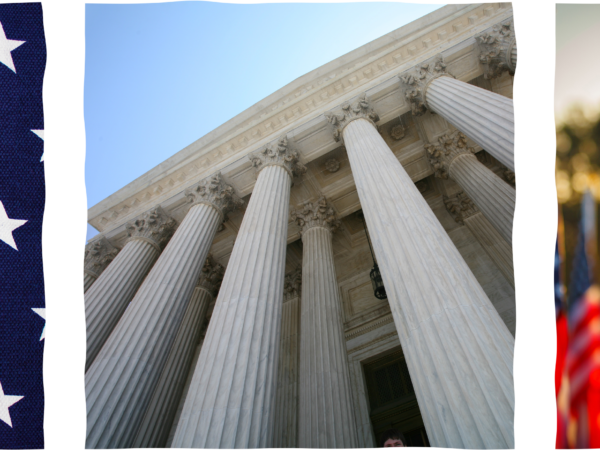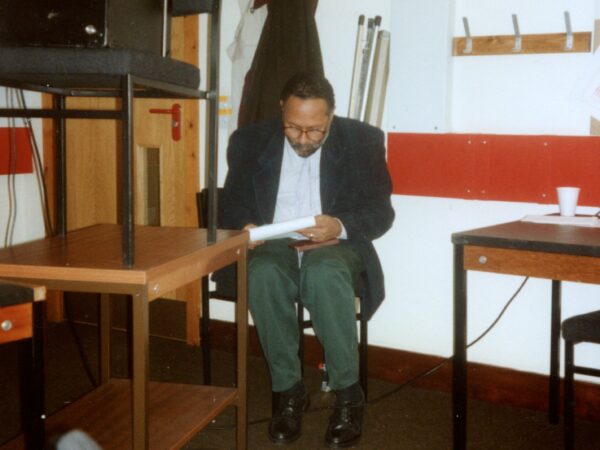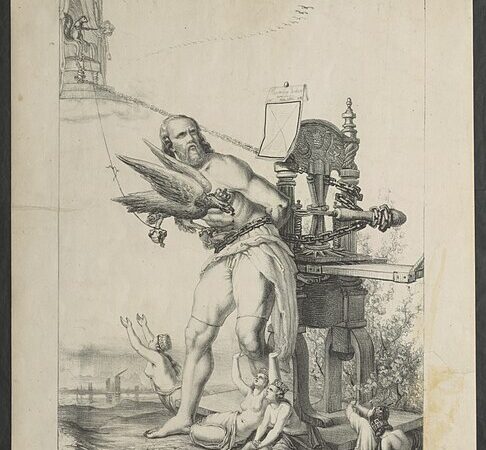
For Marx, religion is more than “the opium of the people,” it is the mirror of society turned upside down. This essay examines Marx’s critique of religion as well as his critique of other contemporary critiques of religion. This critique of religion became the starting point of his critique of political theology and, later, political economy.
By Mikkel Flohr

Recent work in the fields of affect theory, especially in the fields of decolonial theory, queer theory, and disability studies, have shown how the necessity of attending to affect and temporality in ways that move beyond traditional accounts that prioritize inner states over exterior practices.
By Eleanor Craig
& Joshua Lupo
